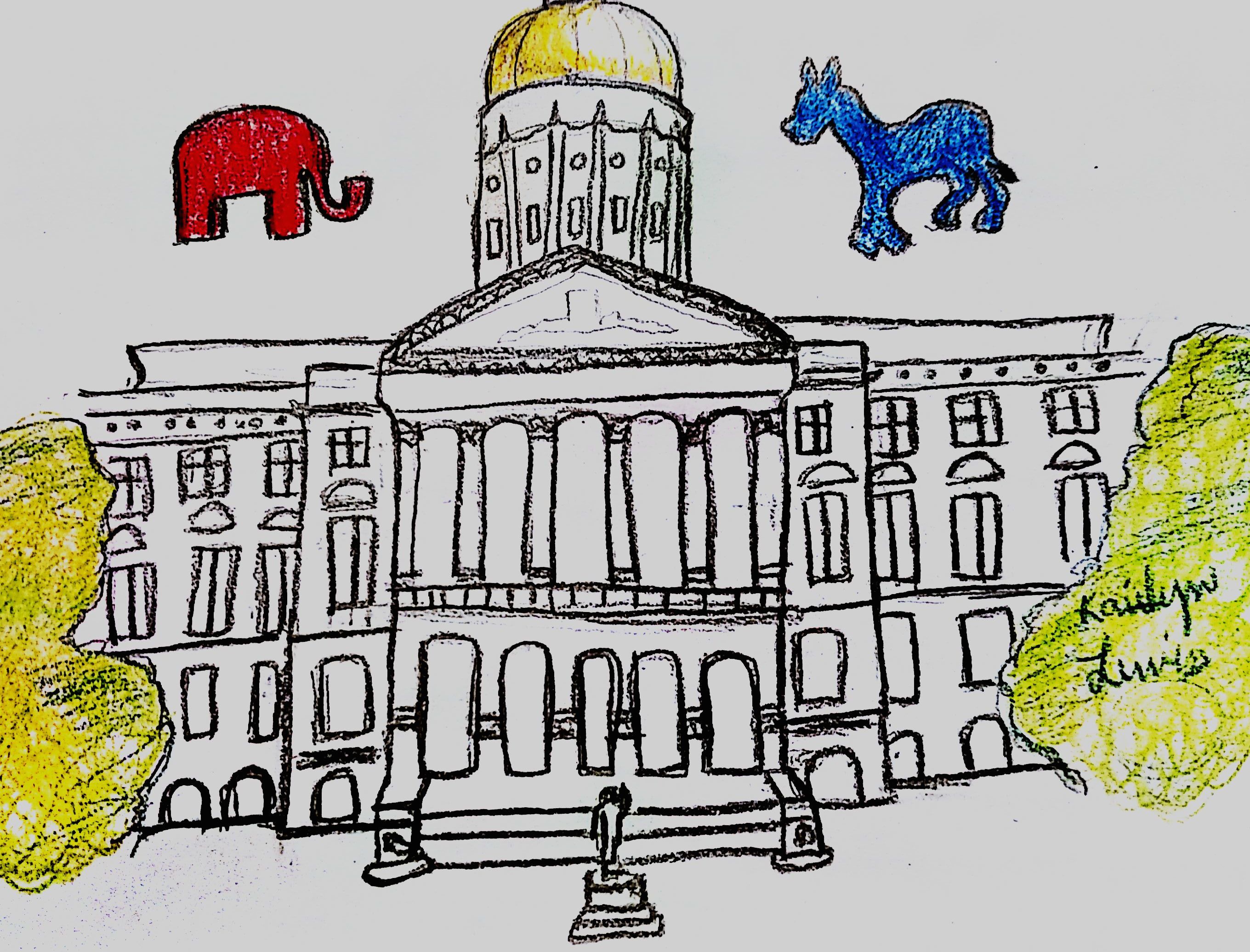Last year, Gov. Nathan Deal vetoed House Bill 757, which would have allowed faith-based organizations to refuse service to individuals if that service conflicted with their religious beliefs. For instance, if a homosexual couple wanted to get married at a church, the bill would’ve allowed that church to refuse to do so without penalty.
Now the Georgia Senate has received new legislation re-framing this bill: Senate Bill 233. Deal’s staff has indicated that it will be met with the same fate, according to The Atlanta Journal-Constitution, even though the new bill is reportedly not as extensive as the original.
“Georgia is a welcoming state filled with warm, friendly and loving people,” Deal said in his veto statement. “I intend to do my part to keep it that way.”
Any bill that gives organizations the right to discriminate, including SB 233, should never be passed or even given the time of day.
CNN reported that over 400 businesses, including Delta, Microsoft and Unilever, have spoken out in opposition to discriminatory bills like SB 233. This type of behavior is bad for businesses and Georgia’s commerce.
Many projects and businesses wouldn’t want to do business in Georgia if this bill passed, according to CNN. This legislation would be crippling for the state’s growing film industry and businesses in general. Georgia should clearly exhibit the belief that discrimination is intolerable and unjustified.
Imagine being a nuisance to someone and being swept out the back door of a business simply because you exist in a way that someone disagrees with on religious grounds. That is the track which SB 233 sets us on.
This seems like a scenario from the past. However, this bill starts a dangerous dialogue and opens the door to discriminatory rhetoric. It’s a slippery slope that can lead to situations like this. If we open to doors to supposed “religious liberty” in businesses, then it becomes a matter of interpretation concerning various religious texts. Like a salad bar, one can pick and choose whatever they need to justify their beliefs.
In the modern day, this not only slows down progress but re-institutionalizes bigotry. A customer shouldn’t have to be subjected to judgment and questioning regarding their personal and private lifestyle when going out for dinner, buying a cake or entering a store.
Yes, SB 233 is watered down and isn’t as dangerous as last year’s religious liberty bill. But where does it stop? How many people will the LGBT community have to answer to? Maybe for once, instead of using religion to divide citizens, it would be more loving and reasonable to simply allow people to come as they are.


glad you labeled this as opinion as it is definitely that. The real discrimination here is trying to force people to do something that goes against their beliefs.
Thank you for the comment Daniel.
Their religious beliefs do not make it okay to single out an entire group of people based on their sexual orientation.
By definition discrimination means “the practice of unfairly treating a person or group differently from other people or groups of people.”
It is not unfair to ask of business owners to treat every customer equally and without prejudices. In the first amendment it reads that “Congress shall make no law respecting an establishment of religion, or prohibiting the free exercise thereof;”
Saying that it is “free exercise of your religion” to be unloving and hateful to a customer based on their sexual orientation is cowering behind religion and using it to justify your hate.
One of the few things I agree with Deal on. If this had gone into law, “religious organizations” as defined in the bill (some very broad definitions by the way) effectively gave numerous categories of employers the right to discriminate against hiring someone based on religious beliefs. Georgia taxpayers would have been hemorrhaging money as they lost every single subsequent lawsuit.
Churches already don’t have to perform ceremonies they’re religiously opposed to; it’s already been challenged constitutionally numerous times and is set precedent. This bill would have done nothing but cause a lot of lost business for Georgia, lawsuits by people who have been harmed, and make us look like the backwards redneck hicks that we sometimes still are.
You’re not allowed to marginalize people because they lead lifestyles you don’t like and are against your holy book. Their presence in your business or in society does not prevent you from exercising your 1st Amendment rights. Period, end of story.